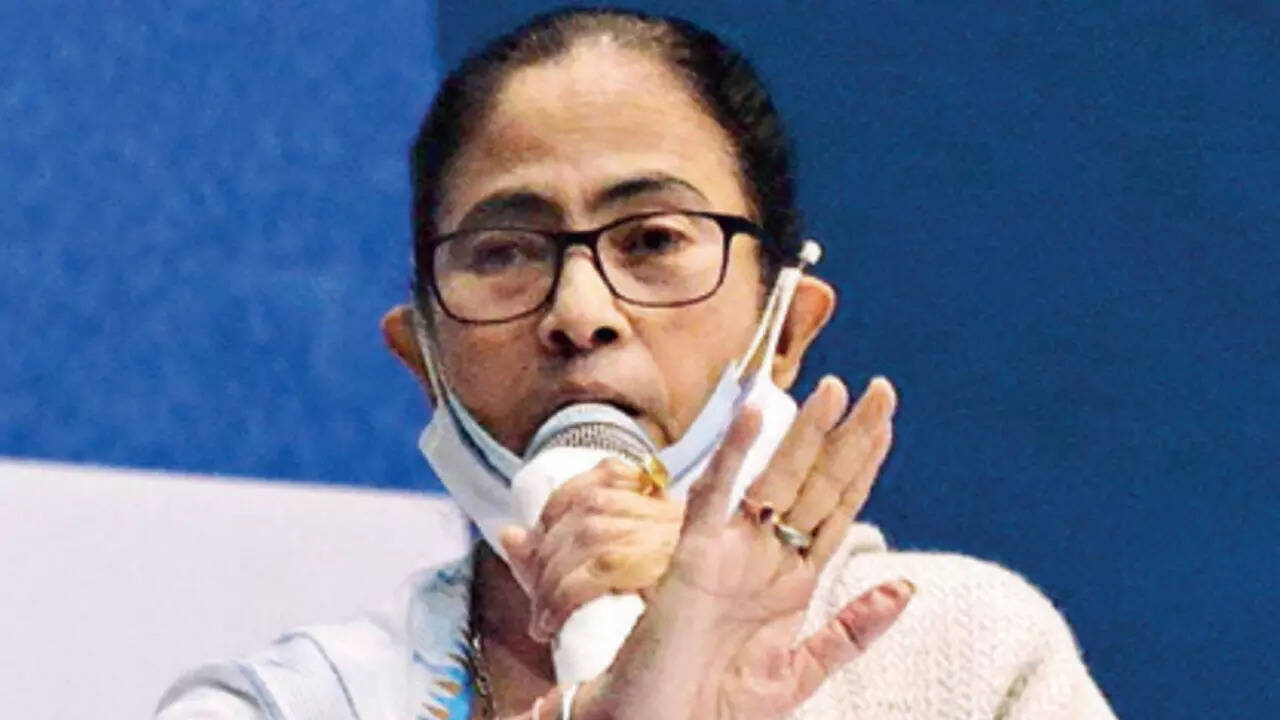
KOLKATA: Bengal's estimated economic growth through the second and third waves of Covid is projected to be 12.8%, a rate higher than the projected national GDP growth of 9.1% for the 2021-'22 financial year.
Minister of state for finance Chandrima Bhattacharya tabled the Rs-3.2 lakh crore Bengal budget at the assembly on Friday, setting out the state's social and economic agenda for 2022-'23. The real-estate, green-vehicle and tea sectors got tax exemptions to boost growth.
The state also continued with its focus on social-sector schemes like Lakshmir Bhandar, Krishak Bandhu, Sikshasree and Kanyashree and pensions for target groups to put money in people's pockets to fuel demand and economic activity. More than 1.53 crore women benefited from the Lakshmir Bhandar scheme, CM Mamata Banerjee said. The total allocation was Rs 10,000 crore, she added.
The budget, with a limited deficit of Rs 2 crore, proposed exempting registration fees for electric vehicles and road tax on CNG vehicles for two years. Bhattacharya also extended the 2% rebate on stamp duty and 10% rebate on circle rate of land/property for another six months till September 30.
The state also gave a one-year waiver to tea estates on rural employment cess and education cess, besides waiving the agricultural income-tax for a year for tea gardens.
Former state finance minister and principal chief adviser to the government Amit Mitra rebutted opposition charges that such monetary support was not creating any asset. "This is a time-tested strategy followed by economies across the world during hard times. The Bengal CM gave monetary support to the underprivileged to boost their capacity to consume. It has worked, as is evident from the estimated positive GSDP growth of 12% against the national GDP growth of 9%. We focussed on boosting demand, the centre prioritised the supply side," Mitra said.
Bhattacharya proposed a budgetary allocation of Rs 960 crore for the Rs-750 monthly widow pension that would now have 21 lakh beneficiaries (up from 8 lakh). The CM also spoke of continuation of pension benefits to state employees. "Bengal is the only state that is continuing with pension, BJP-ruled states have discontinued pension benefits," she said.
Revenue from state excise dipped marginally last financial year though sales tax (which included value-added tax on petrol and diesel) rose. Non-tax revenue saw a similar trend. The state's projected own generation for 2022-'23 is Rs 79,346 crore, which is less than its liability towards salary, pension and other retirement benefits and subsidies (Rs 94,455 crore).
Grants-in-aid from the centre and the share of union taxes and duties was Rs 1.1 lakh crore. Principal chief adviser Mitra complained that the centre had denied Bengal the promised Rs 6,000 crore as GST compensation. CM Banerjee later said the centre owed the state Rs 90,000 crore, which included GST compensation and damage the state suffered in Cyclones Amphan, Bulbul and Yaas.
The increasing state budgetary outlay has been putting pressure on state finances. Bengal's debt burden has been increasing steadily to a projected Rs 5.8 lakh crore. The state's projected borrowing for 2022-'23 is Rs 92,987 crore; the annual outgo for debt servicing (principal plus interest) and loan repayment is Rs 69,511 crore.







